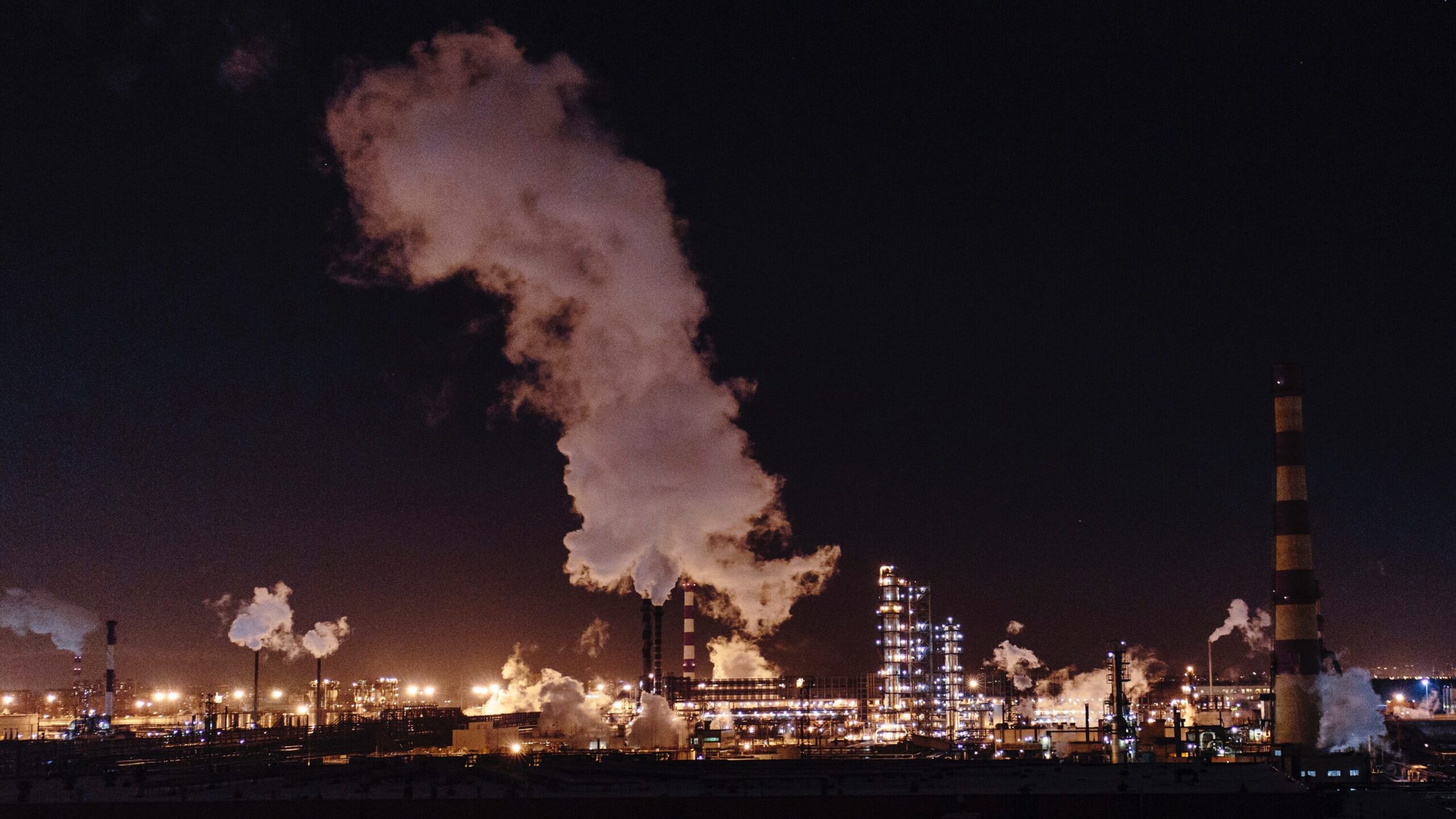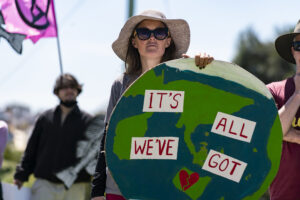As calls for reducing global greenhouse gas emissions grow stronger and more urgent, corporations and governments alike are reaching for quick fixes that appear to solve the problem while allowing business (and climate change) to continue as usual.

Promises of “net-zero” emissions abound, but they often rely on offsets or speculative and risky technologies, like carbon capture and storage (CCS), rather than proven measures to curb emissions, like phasing out fossil fuel production, ramping up renewables, and reducing energy demand. CCS prolongs the operation of polluting facilities on the promise of cutting their emissions, but it has repeatedly failed to deliver or function at scale. Instead, CCS introduces new risks to communities at the fencelines of plants and on the frontlines of carbon dioxide pipelines and storage sites.

Through congressional hearings, community meetings, hard hitting analysis, and press briefings, CIEL has been working to expose CCS for what it is: life support for the fossil fuel industry, not the planet. Critically, we are standing alongside communities around the world to build a movement rejecting CCS and other false fixes and shifting the public narrative away from “net zero” greenwashing to “real zero” action. That’s why we organized hundreds of organizations from around the world to call on government leaders to deliver real solutions not net zero at the Glasgow climate talks. With 1.5°C global temperature rise fast approaching, we have extraordinarily limited time and resources to correct the planet’s course – by zeroing out emissions and the fossil fuels that drive them. To avoid catastrophic warming, we must stop money and power from flowing back into the fossil fuel infrastructure and dead-end ideas that got us into this climate emergency in the first place.
